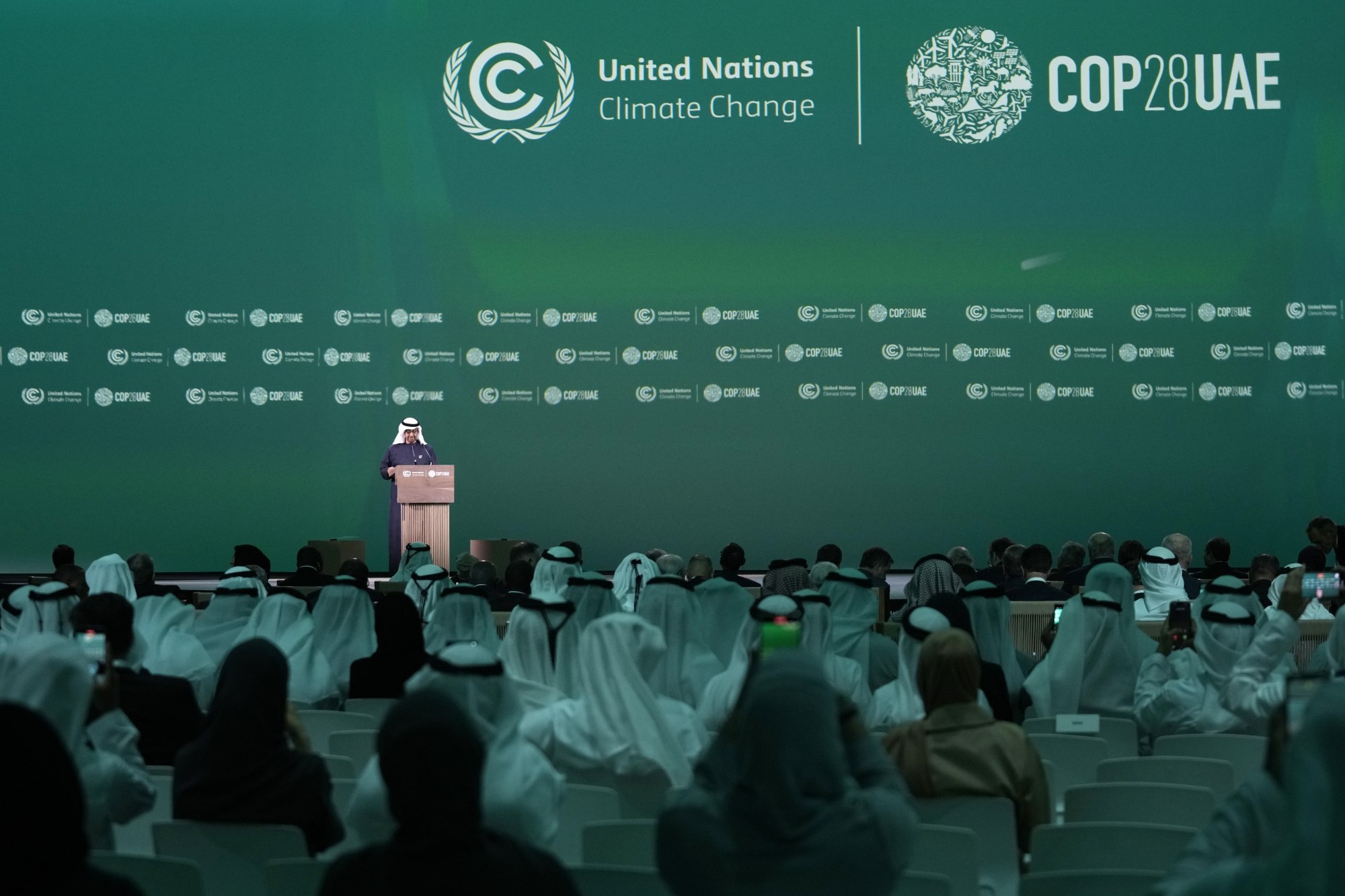The scheme will allow countries and companies to buy credits earned on emission mitigation projects abroad to meet their own reduction goals.

“Voluntary carbon markets have gained significant importance in recent years,” Rodrigo Buenaventura, chair of the IOSCO sustainable finance task force and chairman of Spain’s securities watchdog CNMV, said in a statement.
“But, for these markets to succeed, they need integrity – both environmental and financial. IOSCO and its international market expertise will be key in promoting financial integrity and building the trust these markets need to scale”.
‘Adopt a different mindset’: Cop28 chief wants fossil fuels part of climate deal
‘Adopt a different mindset’: Cop28 chief wants fossil fuels part of climate deal
Verena Ross, co-chair of the taskforce’s carbon markets workstream and chair of the European Securities and Markets Authority, said feedback from IOSCO members indicated existing VCMs are lacking in “characteristics of fair, efficient and transparent markets that protect investors”.
Carbon credits or carbon offsets, are permits that allow the holder owner to emit a certain amount of greenhouse gases. One credit usually permits the emission of one tonne of carbon.
Carbon credits are generated either from mandatory state-run, cap-and-trade schemes that force polluters to pay for the emissions they cannot reduce. Voluntary schemes allow corporate emitters not legally bound by caps, to pay for credits generated by third-party projects to meet their own reduction goals.
A global economic slowdown in a rising interest rate environment were not the only factors impeding carbon credit trading.
Amid allegations of poor quality of carbon credits generated by some forest protection climate-mitigation projects, a key category, VCM credits traded globally dropped by 51 per cent to 254 million tonnes, according to data compiler Ecosystem Marketplace. In the year to date, volumes have dived further to 49 million tonnes.
But average trading price jumped 82 per cent last year to US$7.37 per tonne of carbon dioxide equivalent as buyers preference for higher quality credits created scarcity value. The combined effects of truncated traded volumes and shunning of lower quality credits reduced last year’s total turnover by 10 per cent to US$1.9 billion compared to 2021.
Respondents to IOSCO’s discussion paper published a year ago seeking comments on a potential approach to regulate VCMs highlighted a lack of high-quality data to support credit pricing and risk assessment, and lack of oversight on credits issuance and monitoring, it said.
Also, best practices for verification of carbon emissions reductions for underlying projects are still emerging, and there is legal uncertainty whether carbon credits are treated as property, security or commodity, it added.
Potential conflicts of interest in the carbon credit ecosystem consisting of project developers, credit issuance bodies and rating providers, besides double counting and fraudulent transactions were also concerns.
In its consultation, IOSCO is seeking comments from regulators on its proposed good practices, including developing frameworks to regulate VCMs, providing clarity on the regulatory treatment of carbon credits, and encouraging comprehensive disclosure of project development process, verification and auditing methodologies.
Asked to comment on the IOSCO’s set of proposed good practices, Hong Kong’s securities watchdog Securities and Futures Commission’s spokesman said it continues to engage with its regional and international counterparts and other relevant stakeholders on carbon market-related issues.

